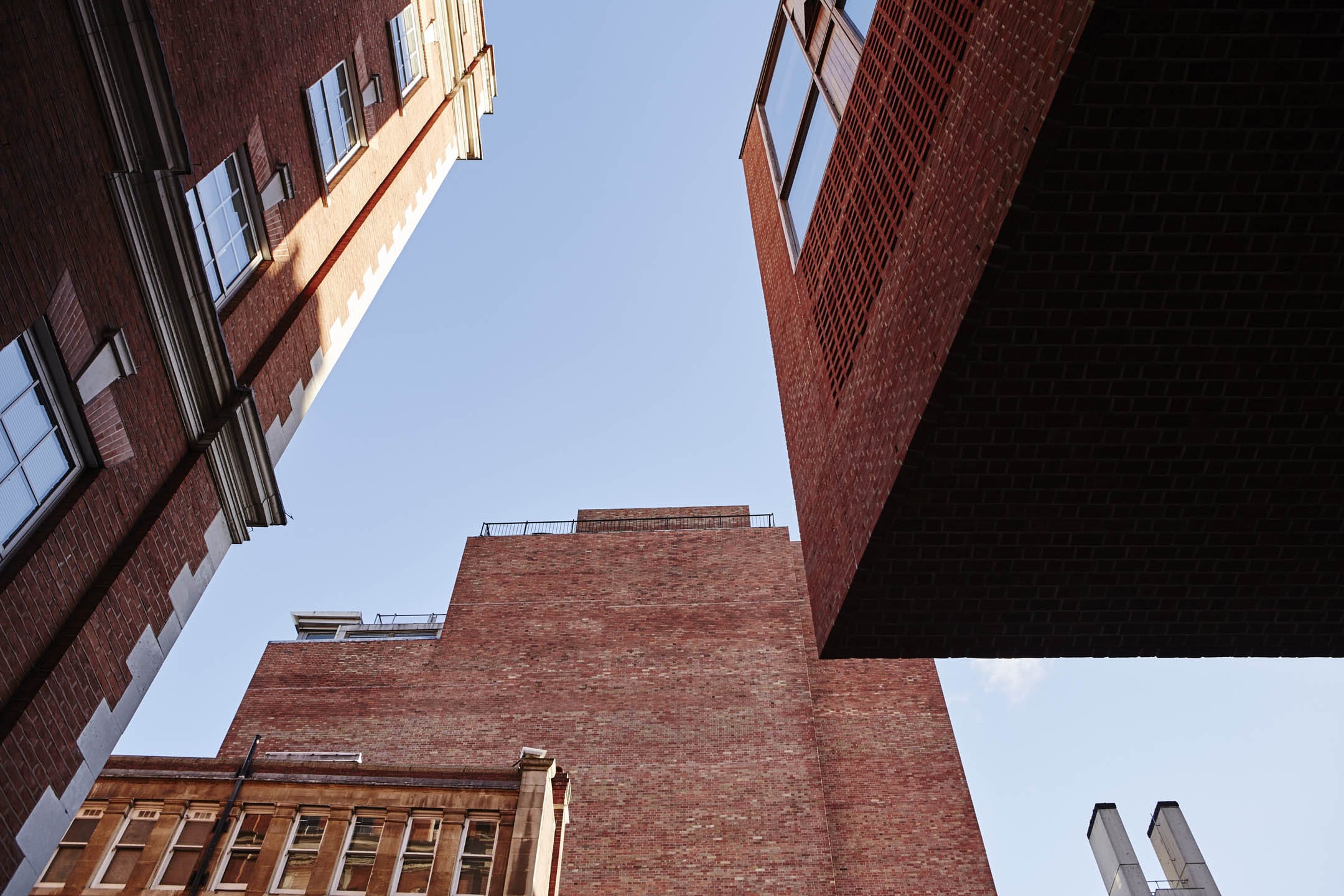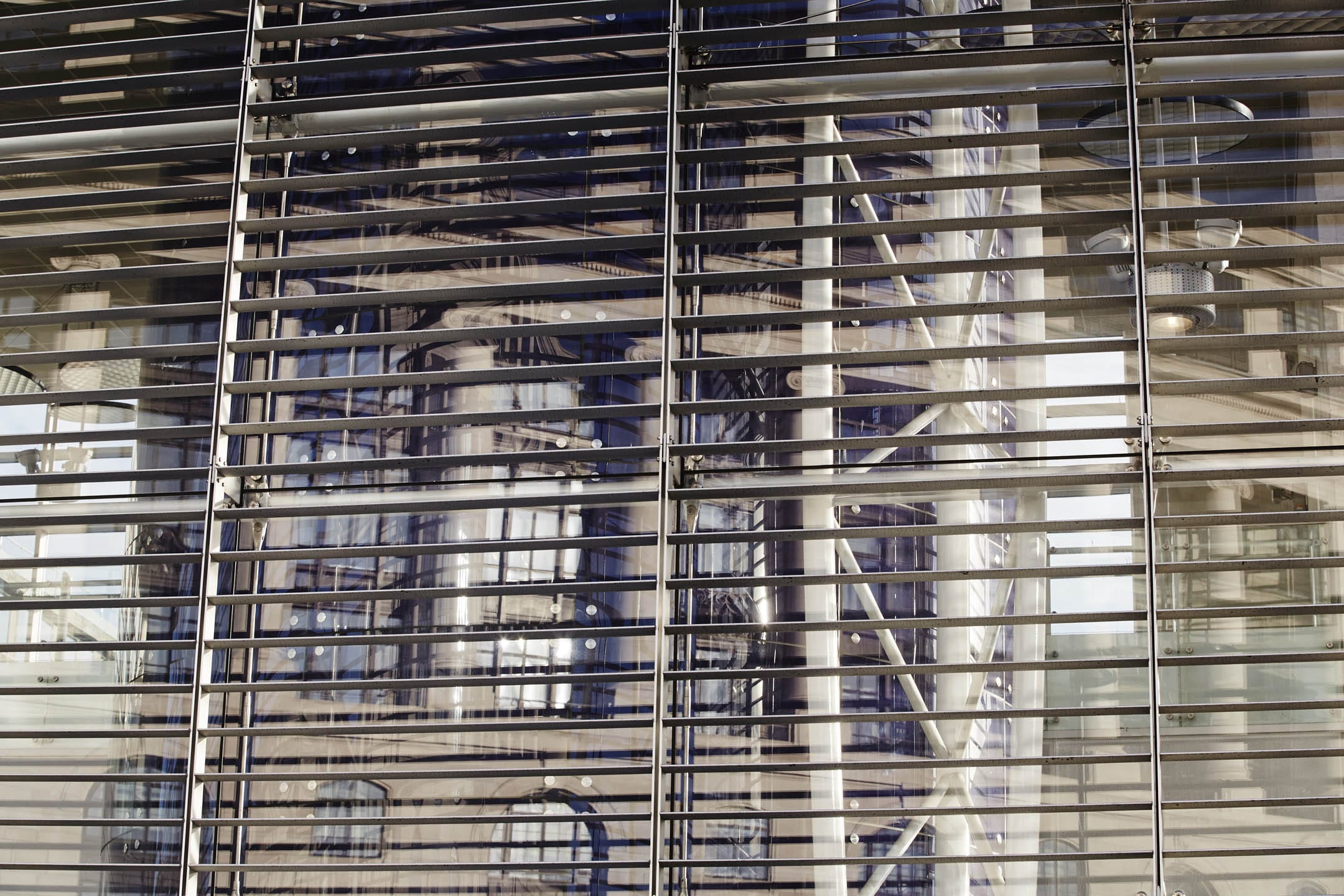London School Of Economics – Energy Re:Fit
Ever since it was established in 1895, the LSE has been at the forefront of economic thinking and its advanced ideas are not limited to its academic sphere. It is also concerned with the economies of running a large campus in the most cost effective way possible. Working with Bouygues Energy Services we instigated Tranche 1 of the School’s far-reaching energy project, code-named Re:Fit.
This innovative project was made all the more complex in its management and administration by our team having to work in fully occupied buildings. Keeping disruption to the daily life of the busy campus to the minimum was key to a smooth-running project, as was safety and keeping our client informed at every stage of the process.

Power points
- Extensive, three-tranche energy project for the London School of Economics
- First tranche extremely successful, creating annual savings of £230,000 and cutting 1500 tonnes of CO2
- Close collaboration with Bouygues Energy Services to export data for measurement and verification
- Innovative strategies for optimising software and going beyond conventional control norms
- Converting ventilation and pumped systems
- New boiler room fit-outs, control panels and room thermostats
- Tranche 2 underway, Tranche 3 at surveying/quoting stage

Tech talk
Close collaboration with the experts on the Bouygues Energy Services measurement and verification team certainly paid dividends. It meant we were able to easily export varying levels of data directly from the BEMS and verify it externally – a first for both companies.
The campus is Tridium integrated with a variety of diverse systems, with over 90 Jace controllers. Re:Fit itself was a huge undertaking in its own right, especially as it included an extensive BEMS element. To devise the sort of innovative strategies that would allow us to optimise the software we took a completely fresh look at the conventional control norms, with a particular eye towards energy savings.
We had to convert constant volume ventilation and pumped systems into variable volume systems, then install controlling inverters and integrate them into the BMS. Next came new boiler room fit-outs and control panels, plus new and bespoke room thermostats. These had to be coded to meet the specifics of the contract. Finally we had to include the shedding of heat loads electrically through the BMS, according to ambient conditions.
Project Re:Fit saves £230,000 pa. Tranche 1 was an unmitigated success. The new system currently saves 1500 tonnes of CO2 every year; the equivalent of £230,000 in energy savings. The figures speak for themselves, so small wonder we are now working with Bouygues on Re:Fit Tranche 2 and are in the process of surveying and producing quotes for Re:Fit Tranche 3.
